Do you know why it is important to wash fruit and veggies as an important part of living a healthy lifestyle. You might think that the need to wash your produce isn't as necessary with organic, whole foods. But there are still many reasons to make sure that what you are eating has been cleaned. It helps remove dirt and pesticide residue, as well as any bacteria that might be present.
Whether your produce is organic or not the fact is that pesticides are often used in both forms of gardening. The difference is the type of pesticides. In naturally grown, organic gardening natural pesticides are used. While these substances are both natural and organic they are probably not something you want in your post of vegetable soup, or salad. It's always a good idea fo fully cleanse fruits and veggies before consuming them.
Natural Pesticides used in Organic Gardening
- salt spray
- onion or garlic spray
- cayenne pepper spray
- neem
- eucalyptus
- citrus
- mineral oils
- tobacco sprays
All of the above additives are natural, organic in nature, and can be utilized as pesticides. But you might think twice about adding cayenne pepper to your recipe. Citrus oils are obviously natural, but they are also potent and acidic and might not be what you want as an additive in your pot roast with veggies.
Washing before use is a simple, quick way to ensure your recipes end up with the flavors you desire.
Chemical Pesticides used in Produce Gardening
- Aldrin/Dieldrin
- Atrazine
- Chlordane
- Chlordecone
- DDT, DDE, DDD
- Endosulfan
- EndrinEndrin aldehyde
- Heptachlor/Heptachlor Epoxide
- Hexachlorobenzene
- Methoxychlor
- Methylene Chloride
- Pentachlorophenol
- Polychlorinated Biphenyls (PCBs)
- Pyrethrins and Pyrethroids
- Toxaphene
In non-organic gardening chemical pesticides are used. And while I'm a huge advocate for real food, organic eating, I recognize that there are times when you may find yourself picking up other produce due to convenience or cost.
Therefore, it's all the more important to wash fruit and veggies.
3 Ways to Wash Fruit and Veggies
1-Water Bath or spray
The most obvious way is to rinse your fruits and veggies with water. Studies show that a water rinse is very effective in removing pesticides, and fungicides from produce.
A simple bath of water for root vegetables, using a soft cloth to rub off any stubborn bits, is simple and easy. Separate celery stalks and give a rinse in a similar manner. Rinse leafy greens in a bath of water, drain well, then use a salad spinner to dry, or lay the greens flat on a clean towel or paper towels, and roll gently squeezing as you go to remove excess water.
2- Simple Vinegar soak
- 1 part vinegar
- 3 parts water
- Alternatively, you can substitute the vinegar with lemon juice.
It's generally ok to go with less vinegar if that is your preference. Use less vinegar when washing berries (only a few tablespoons).
Add a cup of distilled vinegar to a sink full of water. Soak produce briefly, then rinse with water.
Or, fill a spray bottle with 3 parts water to 1 part vinegar. Spray produce, let sit for a minute then rinse with water.
By the way, this is my preferred method.
3- All-Purpose Germ Killer
- 1 spray bottle filled with undiluted white vinegar
- 1 spray bottle filled with undiluted hydrogen peroxide
Spray your food first with the vinegar and then with the hydrogen peroxide. Rinse thoroughly.
You can use this on produce or on raw meat to kill E. coli, Listeria, and Salmonella bacteria,.
Note: This treatment can be used to safely disinfect your countertops, cutting boards or any surface in your home. Spray surface first with vinegar, then alternate with hydrogen peroxide. Don't rinse, or wipe down, simply let air dry.
Additional tips to Wash Fruit and Veggies
- Rinse fruits like citrus, apples, grapes, or bananas as soon as you bring them home. But be sure to pat dry before storing. Leave fruits like; strawberries, raspberries, blueberries, or kiwi to wash just prior to consuming because early washing can precipitate spoilage before you are able to eat them.
- Wash leafy greens just before use for the same reason. I think it's even best to re-wash pre-packaged greens that have been washed before packaging. You can always trust your own hand with washing. While you may question whether the washing in a factory was completed or thorough.
- It's a good idea to use a soft bristle vegetable brush when cleaning items with tougher skins like; zucchini, squash, potatoes, radishes, or carrots, and even apples. Especially, for those veggies or fruits where you eat the skin.
The very nature of gardening leaves bits of dirt trapped in the product. As leafy greens grow from sprouts up through the soil, dirt can get trapped between the leaves. So it's always a good idea to wash fruit and veggies before eating them.

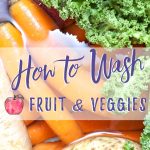
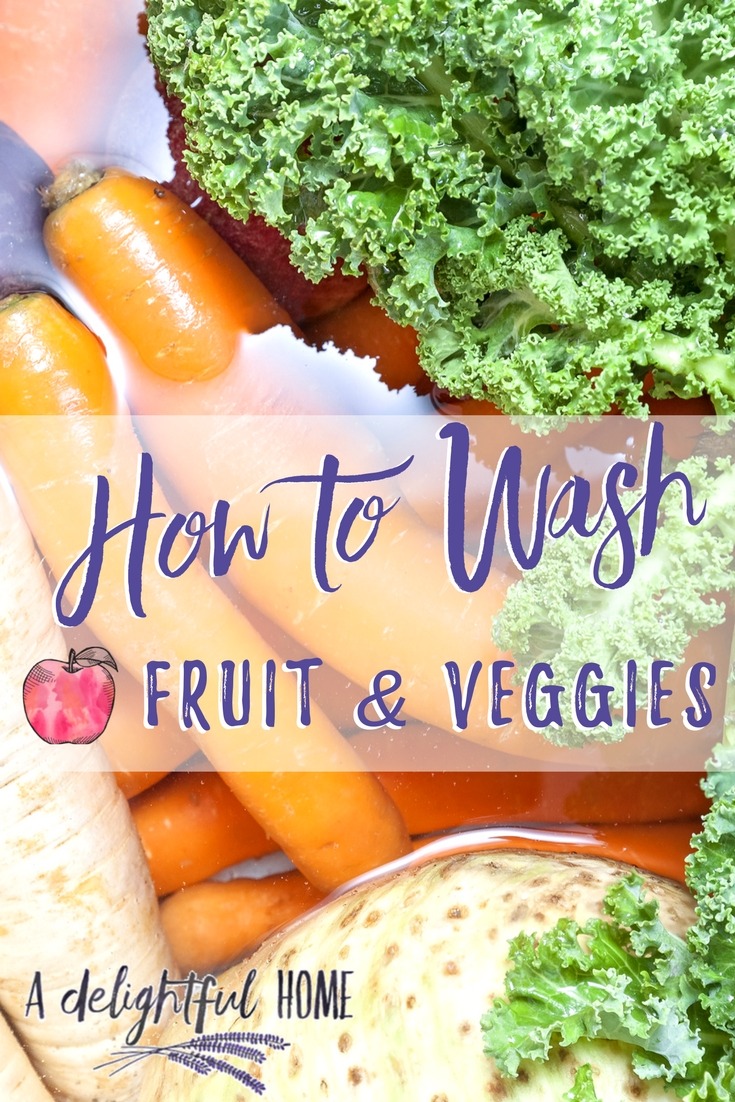
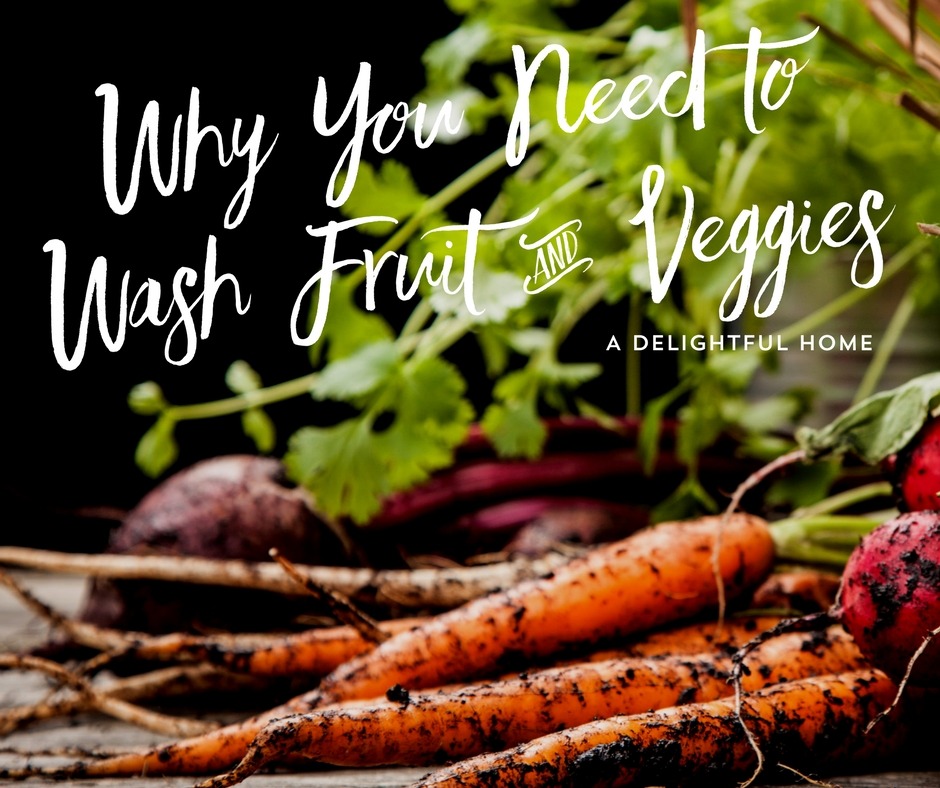
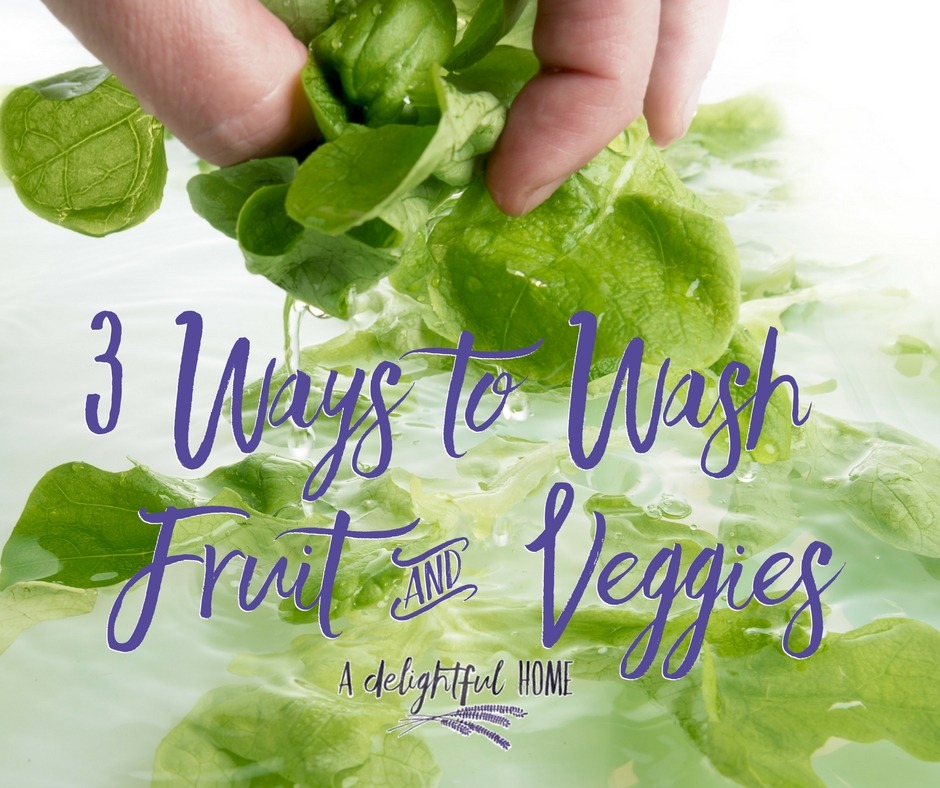
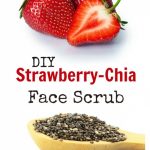


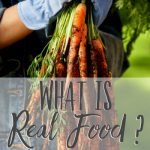

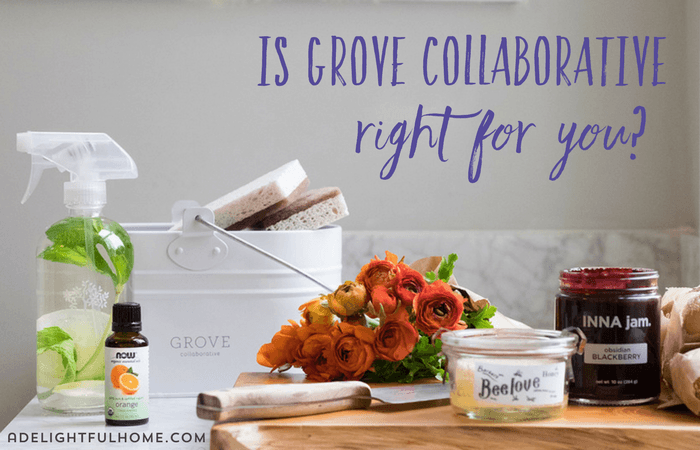 Is Grove Collaborative Right for You?
Is Grove Collaborative Right for You?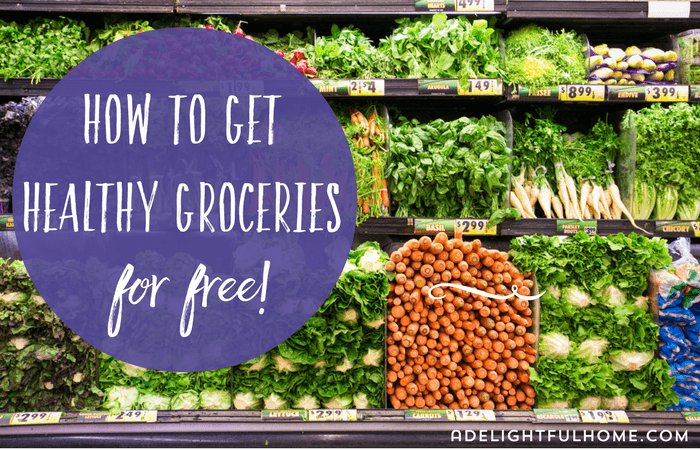 →
→
Leave a Reply